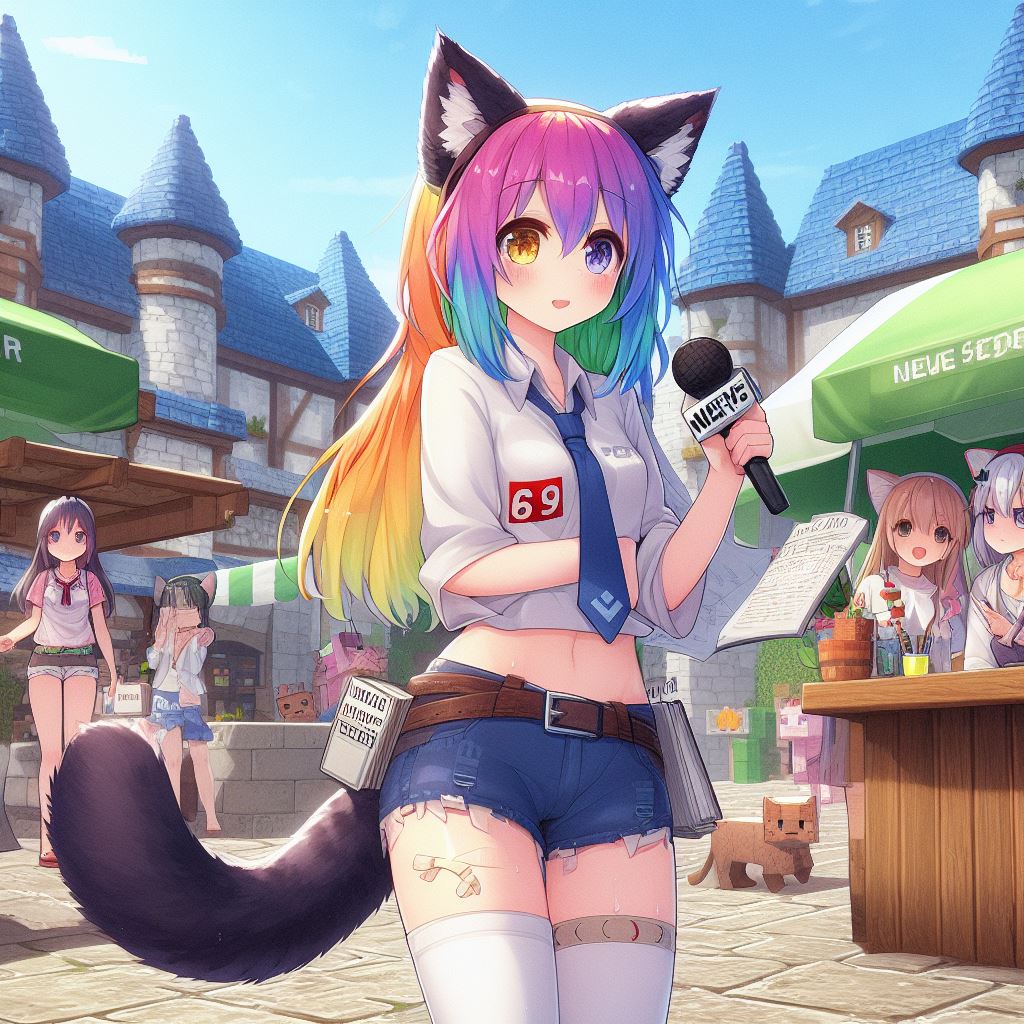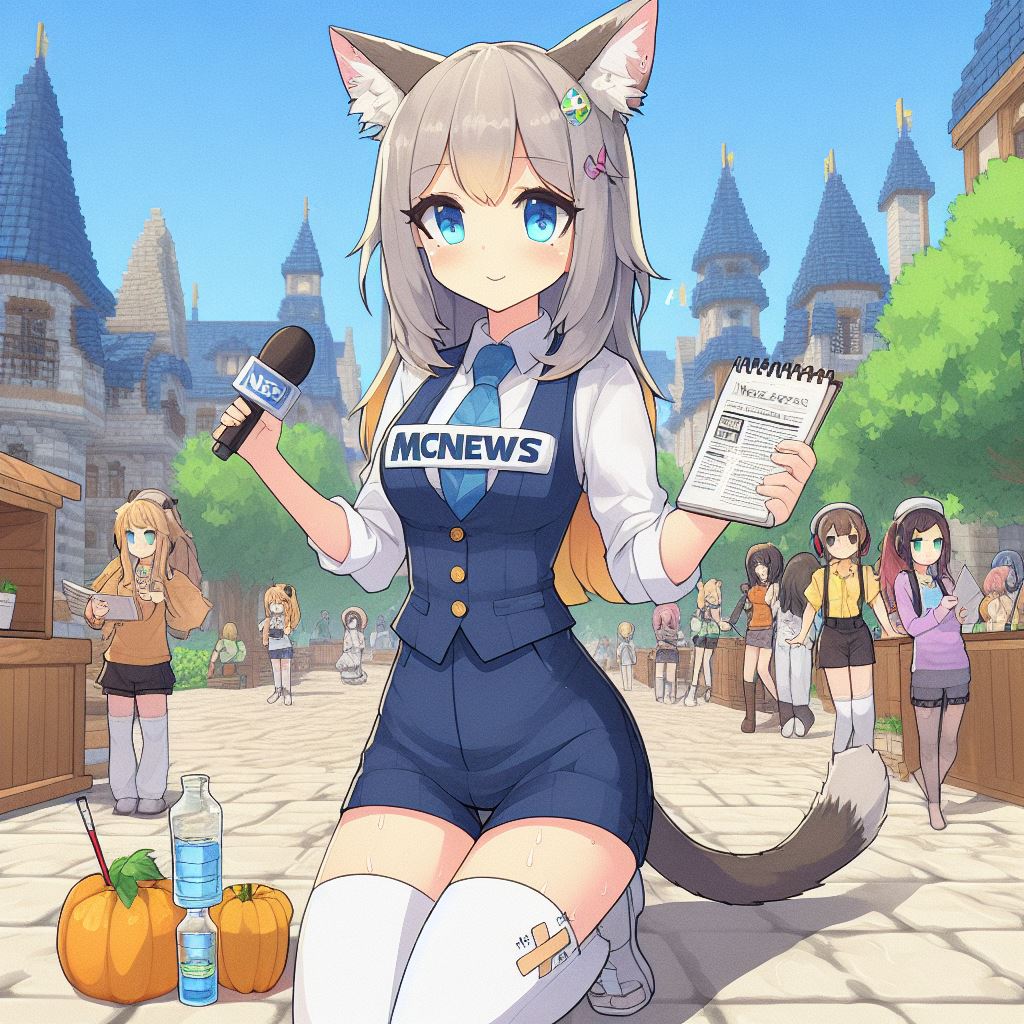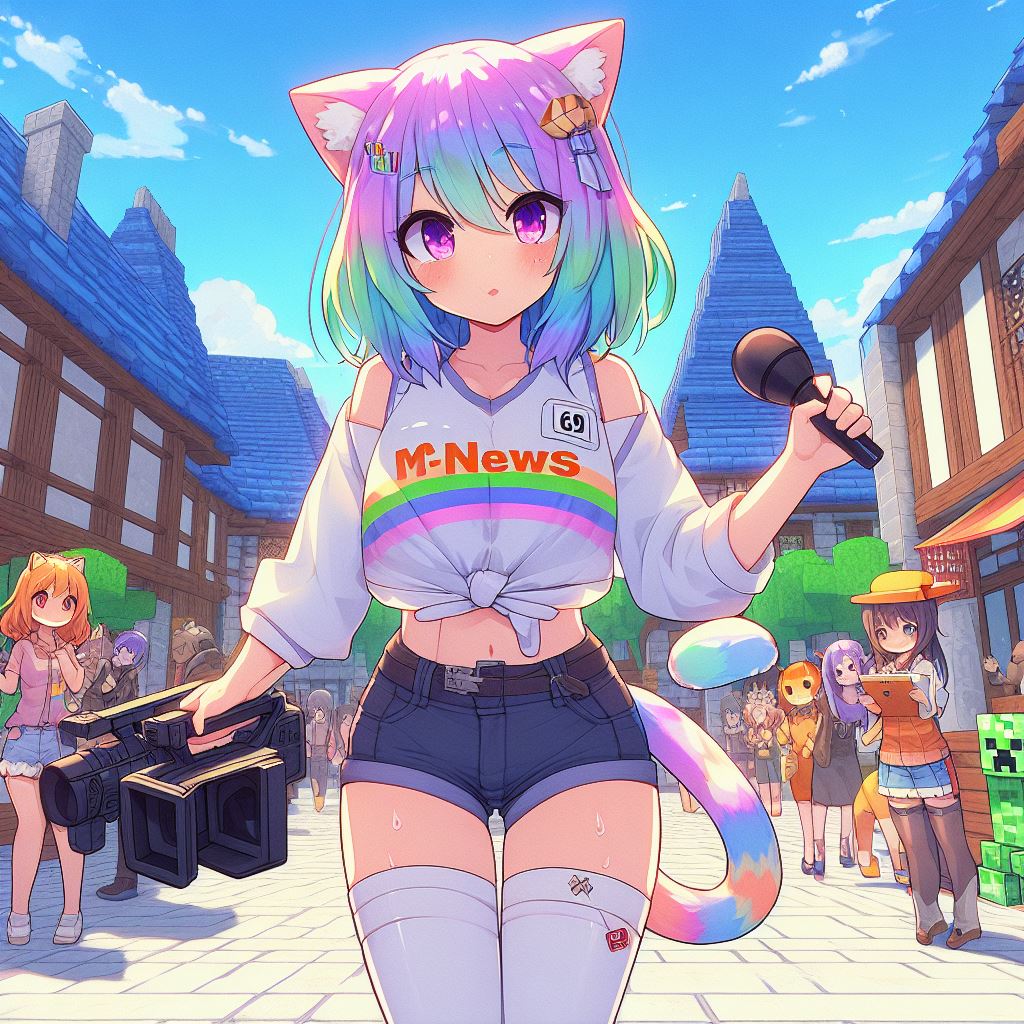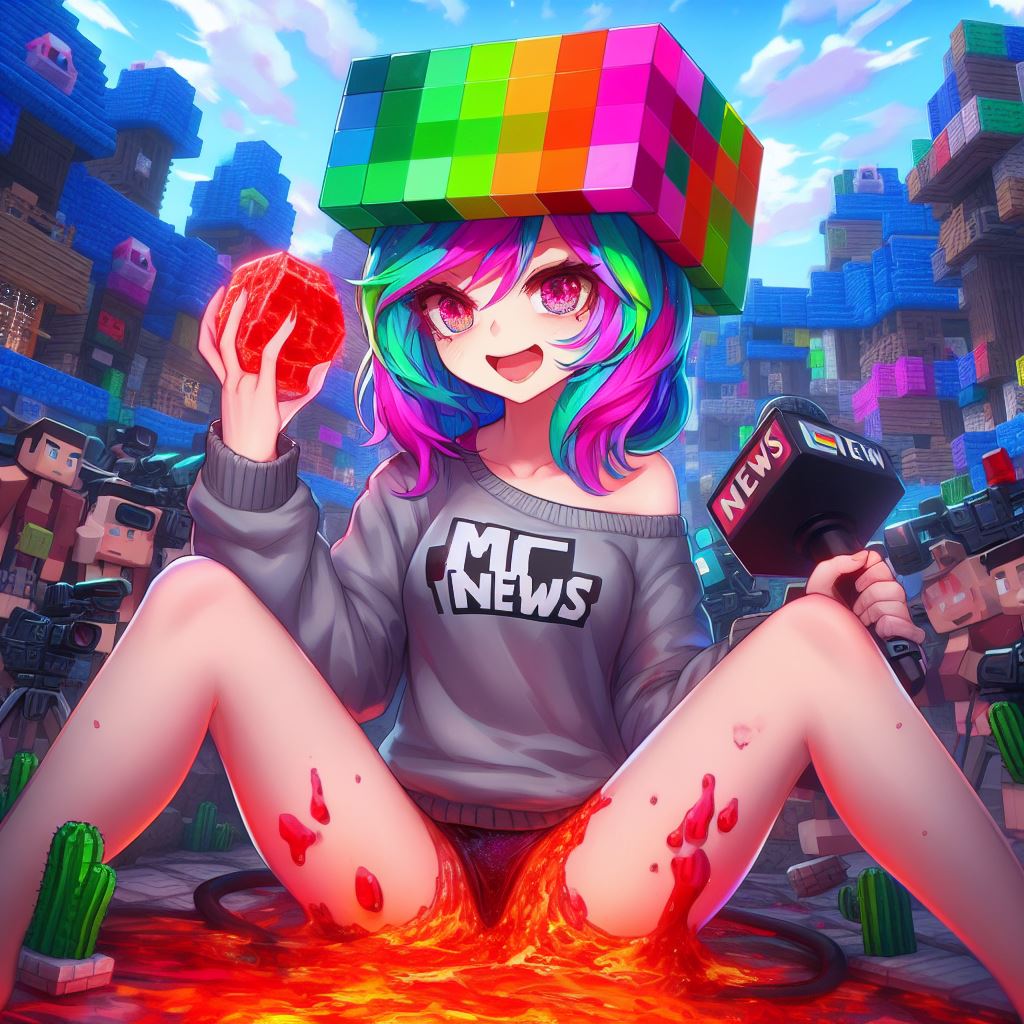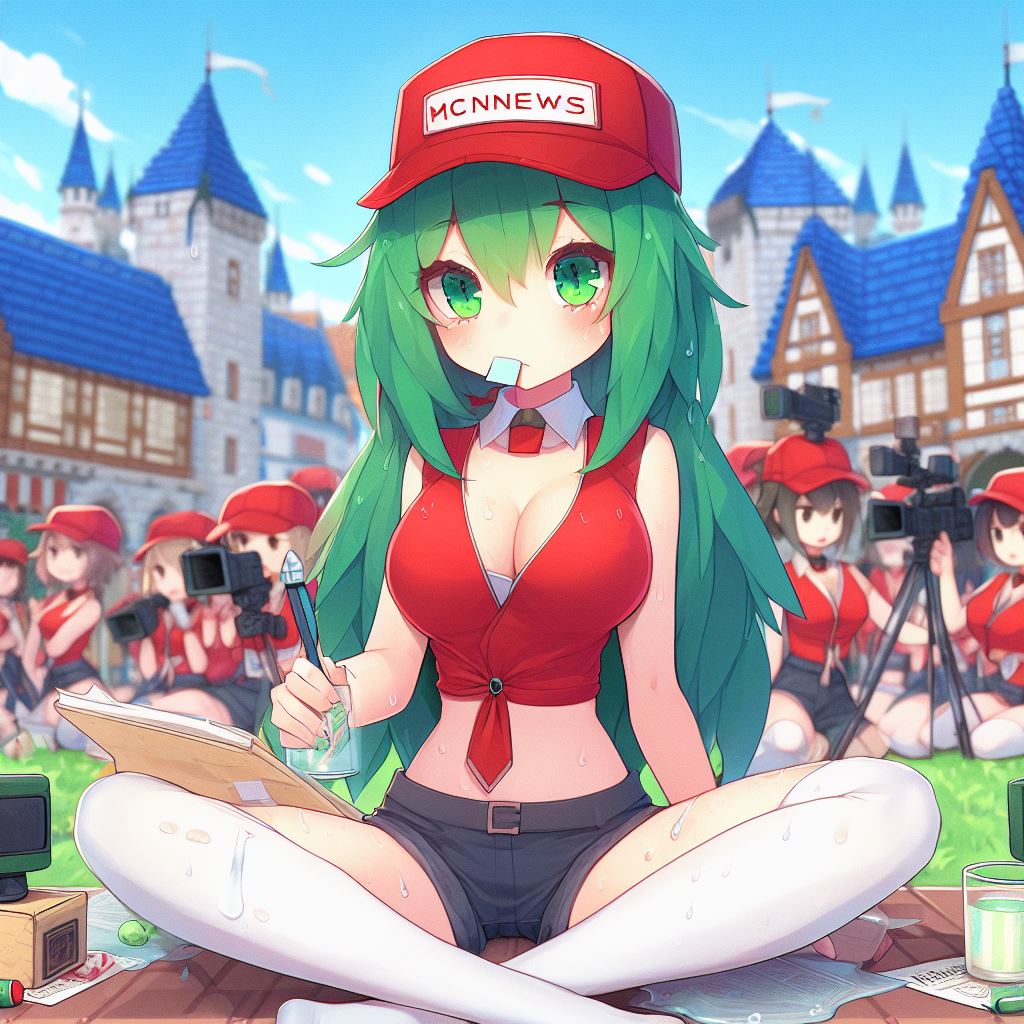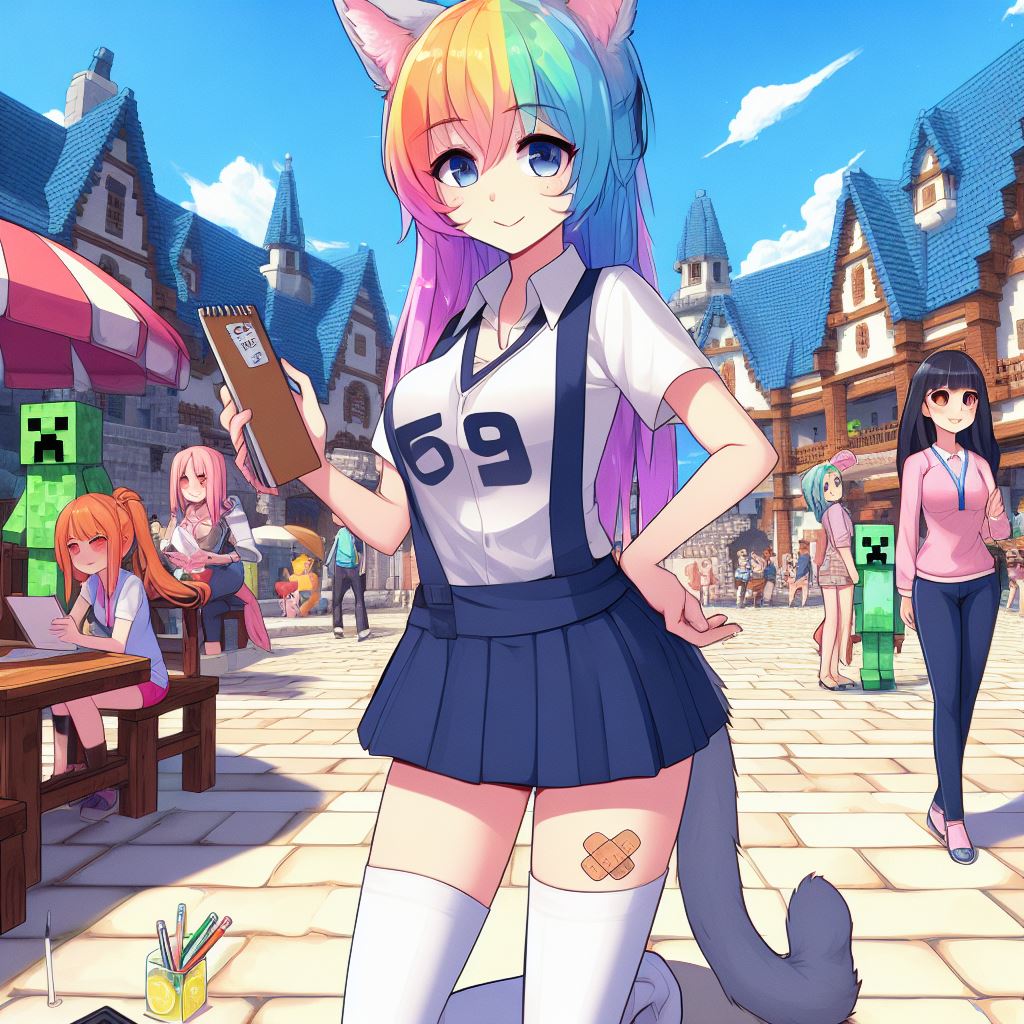The sands of time slowly cover up what remains of the birthplace of civilization, a people once driven by creation, now left in ruin. Erosion and hubris casting a shadow over what once was. The crumbling buildings and scattered fragments of society leaving a puzzle to the past, hoping that someday someone will pick up Those pieces of this fallen land to reassemble the story of their downfall. Well, that day is today. And that someone is me. Hello Internet! Welcome to Game Theory, the show that’s always happy to brush up on some Minecraft. You know, I get super excited every time Mojang drops us a new update. New updates mean new mobs, new locations, new mechanics for us to mine through for story. And that was doubly so for 1.20 because they were finally adding something that had been teased all the way back in 2020. Archeology. Archeology is literally uncovering history. It is putting together the LORE of real life. And so I waited for three years in anticipation. And finally, finally, when the Trails and Tales update came out, we got a camel. There was also a sniffer, a new Cherry Grove biome, and then a handful of armor designs and broken pots. Not exactly the most groundbreaking stuff, at least at first glance. Sure, there was no big, exciting entity like the warden or a mysterious structure like an ancient city. But as with most archeology, while the surface might seem largely pointless and empty, if you dig a bit deeper, you start to uncover the real story behind everything. In fact, I believe that this update gives us the most comprehensive look into the society of ancient builders that we’ve been theorizing about for years. Their daily lives, their tribal disputes, and ultimately where it all went wrong with the origins of the wither. Grab your archeological brushes there, loyal theorists. It’s time we dust off the lost pieces of Minecraft’s forgotten civilization. And I do mean that literally, because this whole thing starts with one of the seemingly smallest new additions to the game that’s ever happened. The pieces of pottery, otherwise known as pottery sherds. These sherds are scattered throughout the Minecraft World at five archeological sites: the desert temples, desert wells, both the warm and cold ocean ruins and the newly added trail ruins. There are 20 unique designs for these sherds, and when combined together can actually create a pot that can hold various items. And no, you haven’t been mishearing me This entire time, I am indeed saying sherds and not shards. It turns out that a sherd is actually the technical term for broken pottery found at an archeological site. It is so weirdly specific but hey, good on you Mojang for being historically accurate. It tells us that they had big plans for these small pieces of pottery. And let me tell you, looking at these sherds, they reveal a lot. You see, pottery plays a huge role in helping historians learn about the lives and beliefs of ancient civilizations. Food, fabrics, people. Yep. They’re all going to decay over time and fairly quickly, I might add. But pottery can last a lot longer, and so it’s often one of the only remaining evidence points that the historians can use to think about how these ancient cultures behaved and operated. Sure, great megalithic structures like the pyramids can tell us a lot about the kings and the religious customs, but pottery was an integral part of the daily lives of everyone. And while today we might think of ceramic pots as just vessels for carrying stuff around, like liquids or plants. Ancient societies Gave these much more important and prominent roles in their lives. The ancient Greeks used to decorate their vases with elaborate ornamentation, allowing them to depict different aspects of the day to day life, from work to parties to sports, even showing their rituals for religious events like funerals. One of the most famous examples of this is the Eritrea Painter name vase, which depicts images of a bride in wedding scenes, along with characters from mythology that represent marital bliss. From this one plot alone, archeologists were able to learn so much about ancient Greek marital traditions. In short, fragments of pottery are often the best and only view that we get into the day to day lives of long gone, ancient, forgotten peoples. And given that these 20 new Minecraft sherds are all decked out with various symbolic imagery, I think Mojang is trying to do exactly that. The other important thing to note about these sherds is that the 20 specific sherd designs can’t all be found in the same place. Different sets are designated to different biomes and different ruins. Which means that while we might have been right about an ancient builder race, They weren’t a single monolithic people like we’ve been assuming. Instead, what we’re seeing drawn on these sherds isn’t just telling us about the daily lives of the ancient builders of their specific societies and their clans. Each location had its own set of values, its own culture, its own daily tasks. And when you stop and think about it, that actually makes a lot more sense. In the real world, all of humanity started off with one common ancestor that left the African continent sometime between 60,000 and 90,000 years ago. But eventually humanity spread and they spread all across the globe, Which meant that they had to adapt to new environments. And as a result, they built amazing wonders of the world that were specific to the region where they lived, which meant that things like religion, defense, entertainment, they all took different forms depending on where they were in the world. And we see this influence in the differences of some of the great structures that we find across the Minecraft world. The ocean monuments, for instance, were designed to look like ancient Mesopotamian Ziggurats; buildings meant to connect the heavens to the earth, which is noticeably different from the jungle temples, Which are more similar to the ancient Hindu and Buddhist temples found in the jungles throughout Cambodia like the Beng Malaya and Ta Prohm. It therefore makes a lot more sense to say that these were all created by different groups of people spread out over vast distances for their own Needs rather than created by one all powerful super civilization. Even the new edition of Armor Trim seems to point in this direction. These items allow players to add decorative enhancements to their armor, which alone doesn’t seem like all that much. But when you once again consider that they’re spread All across the Minecraft world, including some in the Nether and some in The End, you start to reflect what we’re seeing in the real world. Different tribes with armor made of similar materials, but always different designs that reflect their local culture. Now that we know that there were indeed different tribes spread out across Minecraft world, what were the differences between them and what can they tell us about the ancient Minecraft culture? Well, let’s start off with what I believe to be the oldest tribe, ironically, from The newest of the archeological sites, the trail ruins. Found in forest biomes like the jungle and taiga. These things are almost completely buried with only the tallest buildings peeking out of the surface to find. And that already is Mojang telling us something. It’s telling us that these buildings are old, like really, really old. It takes a long time for sediment to completely bury something like an entire village. For a real world example, just look at the Moai, commonly known as the Easter Island Heads. They were created Between the 15th and 16th centuries, and for a long time people thought that’s all they were, giant, big brained heads sticking out of the ground, but they’re not. There are actually bodies under each of those heads, but over the centuries sediment built up around the abandoned statues, So only the heads were visible above the surface, just like we’re seeing with the trail ruins. But it goes beyond just being buried underground. The sherds and armor trims found specifically in the trail ruins show us a lifestyle That in the real world we would consider to be part of the birth of civilization. The howl sherd, for instance, shows us a wolf, an animal that was once considered to be a threat to early humans, later domesticated during the late Mesolithic period, used to help out with everything from hunting and protection While we were still in the hunter gatherer phase. The sheaf sherd depicts a bundle of wheat. Wheat is the most common crop in Minecraft, but it’s also one of the first plants that we as humans ever domesticated, again, during that same Mesolithic period. But the thing that really proves That this is coming from the oldest group by far is something that we’ve seen not only in the real world, but also in the lore of Minecraft itself. In the trail ruins, you can find yourself a variety of different armor trims, but one of them in particular caught my eye. The host armor trim. Now, the hosts were the godlike beings found in Minecraft legends, the characters who ultimately summoned our character in to help save the day. At the end of the game, when peace has been restored to the overworld, the hosts? They just dip, they peace out, they’re like ‘we’re good here’. So we theorized that the ancient civilizations did all they could to bring them back. This host armor trim being here seems to suggest that we were on the right track. And history also backs this up. Religious practices and rituals are found in our own history dating as far back As the middle Paleolithic era, which falls between 45,000 and 200,000 years ago. This was indeed the first tribe after the events of Minecraft Legends, a tribe of people that were trying to call upon the old gods for help, a tribe of people who, while they were waiting, decided to set up some basic Farming, hide in dense wooded areas and domesticate animals, giving rise to the first ever civilization like we’ve talked about in a previous episode. But as time goes on and the hosts of old don’t immediately return, the ancient builders continue to develop. They continue to spread out to other biomes in order to gather resources. In one of my earliest Minecraft theories we talked a lot about the underwater temples, another one of the mega structures, but this one found under the sea. We hypothesized that the people who created These submerged pyramids were either fishermen or perhaps pirates by trade. Now, thanks to the sherds, we know that both of these ideas were right, just a little bit more nuanced than we expected. One of these sherds is the angler sherd. Angler, as in a person who catches fish, a fisherman. And as this sherd is only found in the warm ocean ruins, it likely means that just like the trail runs relied on basic agriculture, this group relied on fishing for survival in their trade. But once you head on over to the cold ocean ruins, you get yourself a very different civilization. We find sherd fragments like Blade, Explorer, Plenty. Sound a wee bit like pirates, don’t you think? In fact, the shipwrecks, which have been a part of the game since 1.13s Aquatic Update, are chock full of plundered booty. So it seemed like the cold ocean ruin civilization were largely A society of pirates who use these ships to terrorize other civilizations, stealing their resources and their treasures in the process. But then there’s the final two archeological sites located in the desert. And this is where we see things taking a dark turn. This is where we see the fall of these once great civilizations. The desert temples have always been a place packed with mystery for us theorists, but now we’re getting some idea of what these people were doing when they weren’t sourcing hundreds of TNT blocks for their death traps. With sherds like the miner and prize, it tells us that these were the people who built the mineshafts that you find throughout the overworld. These were the ones that truly pioneered the idea of mining the Earth for resources, especially in places like the Badlands or the red sand deserts. Then they bring all of these resources back to their base, these giant temples, and then they booby trap them so no one would actually steal them. Sounds like most Minecraft players in a public server, except I don’t think that these treasures were strictly from the mine shafts alone. I suspect that the desert People were the first civilization to cross over into the Nether. Now that might seem like a stretch just from me talking about a bunch of pottery, but hear me out. The other desert archeological site is the desert wells, and considering they share a biome, it’s not unreasonable to believe that These were the same group of people. In this site we can actually find the brewer sherd depicting a potion. But remind me, how do you make potions again? You need blaze powder and the only way to get blaze powder is to grind down Blaze rods from Blaze which are only found in, you guessed it, the Nether. There’s also a sherd found in the desert temple known as Skull depicting the head of a skeleton, or you could suggest a wither skeleton. It’s small and it’s pixilated, so it’s hard to tell. But we also know that red sandstone, like you can find in the mineshafts that we just talked about, can be chiseled. And once you chisel it, what image appears on the block? The Wither itself, which ties in nicely to the final sherd from the desert well, the arms up sherd. It’s a very vague image, just a humanoid figure with its arms up. Is it celebrating? Is it stretching? Is it waiting for some high fives or is it a stance of worship? Many religions have you raising your arms up to worship The God of that faith, and I suspect that’s exactly what we’re seeing here. But I also don’t think they’re worshiping the hosts like the other factions of ancient builders. Instead, they’re worshiping the Wither, a manmade creation. These people were people of science. They built TNT out of the remains of creepers. They built themselves portals to another dimension, all to find the perfect fuel to build their super powered potions. They were tired of waiting for the hosts to save them. Tired of watching the creepers, zombies and skeletons turned from ally to enemy after the events of Minecraft Legends. And so they turned to science. They continued to explore the Nether and saw the life giving properties of soul sand, vegetation giving life with no water or sunlight. Those they lost to Piglins raised to life again in the form of Wither skeletons. This was exactly what they needed. They brought back the soul powered sand and experimented, Designing the ultimate creature to be their new god, one that could protect them like the hosts couldn’t or wouldn’t. But just like everything else they knew, it too would turn on them. The damage caused by the Wither was felt across the land. Countless lives lost to its unending rage. What few people are able to survive flee to the only place they believe the Wither won’t find them, underground. Those that fled to the deep dark corners of the Minecraft Earth meanwhile, create the ancient cities, a grand complex that would serve as their new home, at least for a little while. They would try to make a different kind of portal to take them to a new world. They would experiment again with soul sand, combining it with the science of redstone. But they did all of this with heavy hearts, knowing that they had doomed their once great world. And when the time came to open the portal, it didn’t offer them a new chance, only more pain. Out of the portal came the Warden, a creature built of souls, summoned by their regret and their loss. Which is why his pottery sherd, the lest one the game, is known as the Mourner, A lost relic representing the fall of a once great people whose story only remains in broken pieces of pots, all but lost to the literal sands of time. But hey! That’s just a theory. A GAME THEORY! Thanks for watching. And if you’re enjoying this breakdown of Minecraft’s forgotten history, Why not check out our video on Minecrafts other game, Minecraft Legends. That one’s over on the left. Or if you’d like to check out another game where you wouldn’t expect there to be lore, check out our video on Just Dance. That one’s to the right. Yep. That one’s got some deep cut lore too. As always, my friends, don’t forget to subscribe and I will see you all next week. Video Information
This video, titled ‘Game Theory: Minecraft’s BURIED History (1.20 Update)’, was uploaded by The Game Theorists on 2023-09-23 17:05:06. It has garnered 1306176 views and 84763 likes. The duration of the video is 00:13:27 or 807 seconds.
*NEW Merch is Here!* 👉 Shop our new TheoryWear website ► https://theorywear.com
Loyal Theorists, welcome back to Minecraft! With the release of the 1.20 Update there was seemingly not a ton to talk about in terms of new LORE, but hidden beneath the surface of this update was a HUGE revelation. Something that changes what we’ve been assuming to be correct for a LONG time. So put down those pickaxes and pick up those fossil brushes because it’s time to uncover the truth!
Get Minecraft Here ► https://www.minecraft.net/en-us ‐‐‐‐‐‐‐‐‐‐‐‐‐‐‐‐‐‐‐‐‐‐‐‐‐‐‐‐‐‐‐‐‐‐‐‐‐‐‐‐‐‐‐‐‐‐‐‐‐‐ *🔽 Don’t Miss Out!* Get Your TheoryWear! ► https://theorywear.com/ Dive into the Reddit! ► https://www.reddit.com/r/GameTheorists/
Need Royalty Free Music for your Content? Try Epidemic Sound. Get Your 30 Day Free Trial Now ► http://share.epidemicsound.com/MatPat ‐‐‐‐‐‐‐‐‐‐‐‐‐‐‐‐‐‐‐‐‐‐‐‐‐‐‐‐‐‐‐‐‐‐‐‐‐‐‐‐‐‐‐‐‐‐‐‐‐‐ *👀 Watch MORE Theories:* FNAF, Bonnie’s Haunted Past ►► https://youtu.be/cQZBxqmKLYs Garten Of BanBan Lore Is… Something ►► https://youtu.be/wq1FgZy1LzE Answer The Call (Welcome Home) ►► https://youtu.be/ndWWFXLj83w ‐‐‐‐‐‐‐‐‐‐‐‐‐‐‐‐‐‐‐‐‐‐‐‐‐‐‐‐‐‐‐‐‐‐‐‐‐‐‐‐‐‐‐‐‐‐‐‐‐‐ *SUBSCRIBE to Game Theory!* https://www.youtube.com/@GameTheory/?sub_confirmation=1 ‐‐‐‐‐‐‐‐‐‐‐‐‐‐‐‐‐‐‐‐‐‐‐‐‐‐‐‐‐‐‐‐‐‐‐‐‐‐‐‐‐‐‐‐‐‐‐‐‐‐ *Join Our Other YouTube Channels!* 🎥 @FilmTheory 🍔 @FoodTheory 👔 @StyleTheorists ‐‐‐‐‐‐‐‐‐‐‐‐‐‐‐‐‐‐‐‐‐‐‐‐‐‐‐‐‐‐‐‐‐‐‐‐‐‐‐‐‐‐‐‐‐‐‐‐‐‐ *Credits:* Writers: Matthew Patrick, Mike Keenan (The Pokémon Biologist) and Tom Robinson Editors: Dan “Cybert” Seibert, JayskiBean, Warak, and Jerika (NekoOnigiri) Sound Designer: Yosi Berman ‐‐‐‐‐‐‐‐‐‐‐‐‐‐‐‐‐‐‐‐‐‐‐‐‐‐‐‐‐‐‐‐‐‐‐‐‐‐‐‐‐‐‐‐‐‐‐‐‐‐ #Minecraft #MinecraftUpdate #MinecraftLore #Minecraft1.20 #MinecraftTheory #MinecraftMob #MinecraftWither #Theory #GameTheory #Matpat

